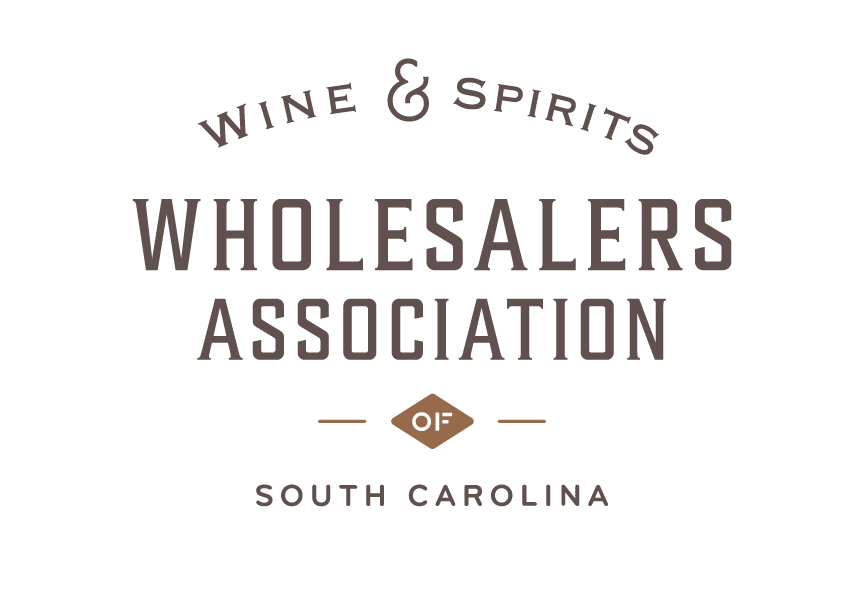Mexico finds more fake tequila and why the US rarely faces this issue.
Source: Public Action Management
Pam Erickson
March 13, 2018
With Spring Break on the horizon it seems like a good time to talk about alcohol product safety.
After numerous reports last year of tourists blacking out after drinking at high-end resorts in Mexico, more stories came to light about drownings, assaults, falls, and other injuries from tourists who drank even small or moderate amounts of alcohol.
This led the US Government to issue travel warnings and recommendations that travelers drink moderately, never go out alone, and seek medical attention if they begin to feel ill.
Following these reports and some pressure from US lawmakers, Mexican health authorities raided 31 resorts, restaurants and nightclubs and seized 10,000 gallons of illegal alcohol. At the end of February, Mexican authorities announced they found another black market tequila distillery and shut it down. Tests revealed that 235 gallons of the product contained dangerous levels of methanol, an extremely toxic substance.
A 2015 report by Euromonitor International found that about a quarter of alcohol consumed in Latin America is illicit, meaning it could have been manufactured without health and safety standards and could contain substances not approved for human consumption. Beyond the tragic human cost, counterfeit alcohol has enormous financial impact in the form of revenue lost by governments, and an uneven playing field among businesses.
Incidents like this remind us of the safety of the US system.
We have few problems with counterfeit and tainted alcohol because of our state-based, three-tier alcohol regulatory system. The Constitutional amendment that repealed Prohibition gave states the authority to regulate alcohol. Most adhere to an effective system that requires alcohol to be sold through three separate market tiers: manufacturers/suppliers, wholesalers and retailers. This closed distribution system helps prevent adulterated and contaminated products from reaching consumers because alcohol is required to go from a licensed manufacturer to a licensed distributor to a licensed retailer.
The three-tier system also helps ensure consumer confidence in the alcohol industry. Even the best, licensed manufacturers can mistakenly produce a tainted batch or have an issue with packaging. In today's market, minor problems with product quality can cripple a company or disrupt a commodity market. This is much less likely to happen in the US alcohol marketplace because licensed alcohol wholesalers must track every bottle and can. This minimizes harm and can save a business.
But we are gradually moving away from a closed system by granting small brewers, wineries and distillers the ability to "self-distribute." Self-distribution involves selling out of a tasting or tap room, selling at festivals, direct shipment to customers, and direct selling to retailers (stores, restaurants, bars). All but 13 states allow this kind of distribution.
With all of these products skipping steps in the regulatory system, testing and tracking may be more difficult to monitor. According to their 2016 report, the US Alcohol and Tobacco Tax and Trade Bureau (TTB) only tested 450 products. Some companies and states do product testing, but it is not widely known which, and for what purpose.
In contrast, Ontario, Canada has an extensive testing program. In a 2016 presentation to the National Alcohol Beverage Control Association Board, Dorina Brasoveanu, Manager of the Liquor Control Board of Ontario's Quality Assurance Laboratory, revealed that they tested 24,000 products from their 650 stores. They also have a complaint system which resulted in testing of spirit products that had a higher alcohol content than what was stated on the label. The products were quickly pulled and there were no known ill effects from consumers.
Because alcohol is primarily regulated at the state level, state regulators need to review their systems to determine whether the needs for adequate testing and tracking are being met. Some discussion with the federal TTB may also be warranted. Whenever states change laws, they should determine whether product safety will be impacted. Not only could tainted products harm consumers, but publicity about the products' problems could hurt business. In addition, there are other enforcement and administrative costs in permitting alcohol products to flow outside of the three-tier system. Staff is needed to monitor the special privileges to ensure that the conditions are met, that taxes are collected and that product safety is ensured.
Meanwhile, members of the public may want to review the safeguards listed below, recommended by the UK which has recently adopted an aspect of our three-tier system. They now require wholesalers to be registered and for retailers to only by from them, versus the "white van that rolls down the street"!
